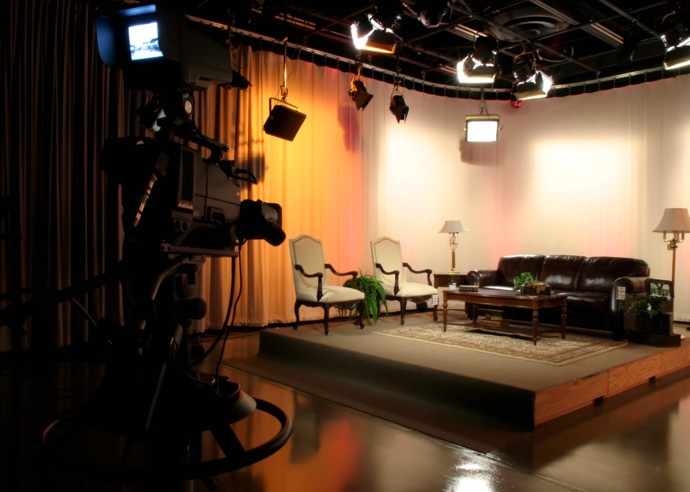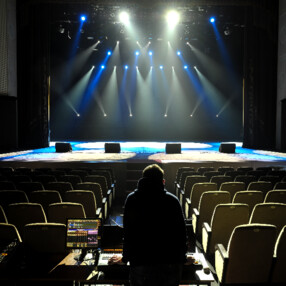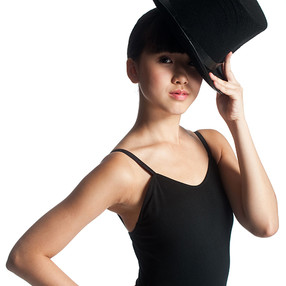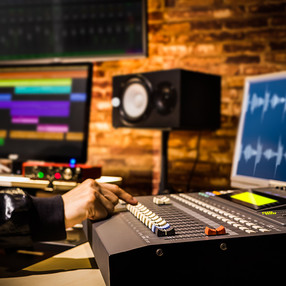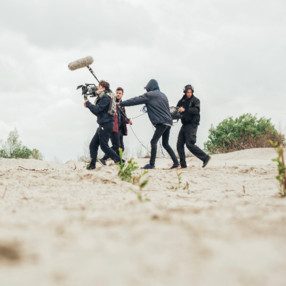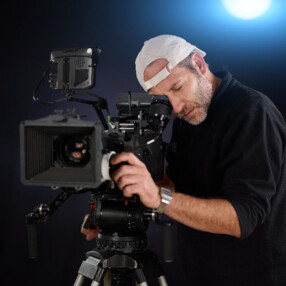Props making knowledge and skills
Prop Masters have to plan, design and adapt special hand, or set props required by the production. They must have a wide knowledge of basics prop making and be able to work with a variety of different machinery and tools.

